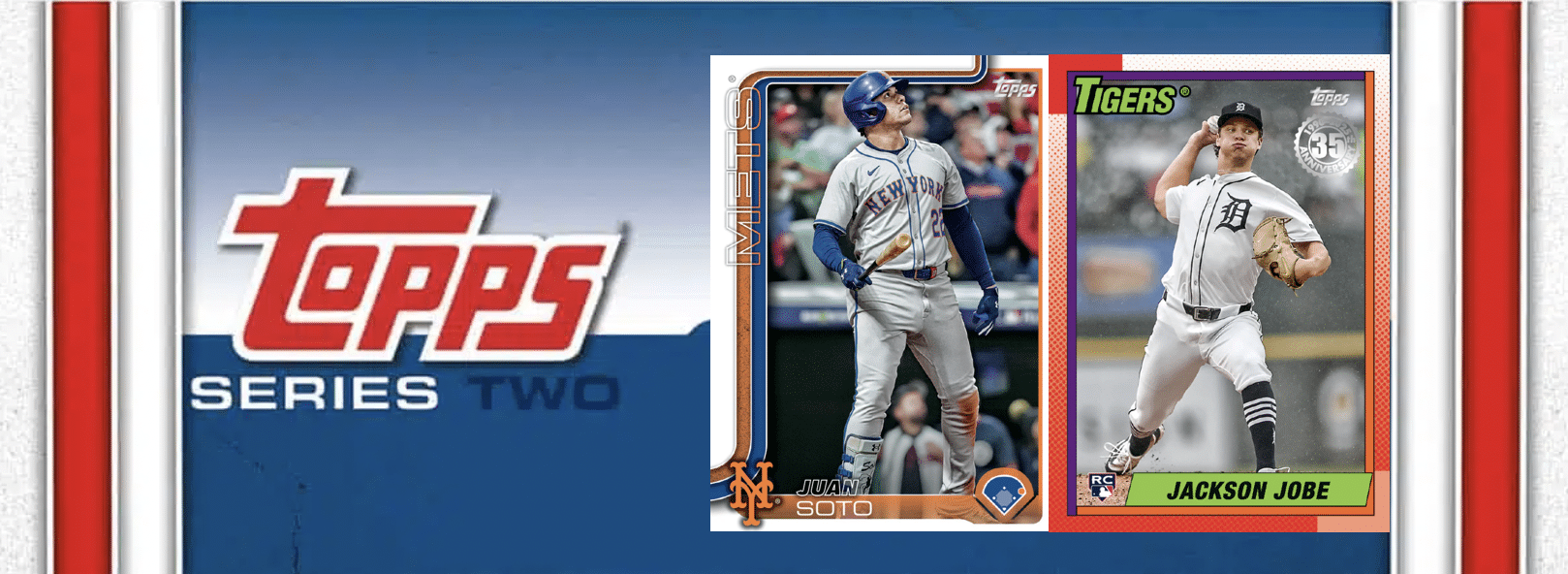

We’ve heard this tired old debate before. The one about “gamblers” versus “collectors” in the sports card hobby. It tends to pit collectors apart as if they are two completely different animals with utterly conflicting interests and values.
You know how it goes. Looking at the folks chasing the big hits versus the purists who are (at least supposedly) just in it for the love of the game.
But is it really that black and white? Aren’t we all somewhere in between? What does the gambling versus collecting debate mean?
When people talk about how it is all about gambling nowadays. What do they mean? There are a few aspects of the hobby that very much come to mind in this context:
This is where a group of people pool their money together to buy a box (or even multiple boxes) of cards.
The box is then opened live, typically on camera, and the cards are distributed to the participants based on a predetermined system (e.g., by team, division, or random assignment).
You’re betting that the team or player you’re assigned will yield valuable cards. It’s a gamble on top of a gamble!
These are pre-packaged collections of cards, often sold at a lower price point than sealed boxes. However, the contents are usually a mixed bag of standard cards with a chance of pulling a valuable card.
The odds of getting something good are generally very low, making it a pure gamble. You’re betting you can beat the odds and find a hidden gem amongst the filler.
But the truth is, there is so much more gambling in the hobby than we are comfortable admitting.
I like to think I haven’t changed much. And I still put together sets I want. But I find myself chasing cards so often nowadays. There is no way around it.
So, usually I think of return on investment. I wonder how much this box will be worth in the long run and what I will likely pull if I rip a box.
If I’m dropping serious cash on a box of a new product, I hope to pull something that’ll at least cover my costs, if not turn a profit. Does that make me a “gambler”? Maybe.
Much of that is just being an adult and paying bills. It is less satisfying to pay the bills at the expense of the power bill or the vacation to Maui.
But when I am in the right mood and pull the right product, I still get that same thrill I got back in the day, ’92, when I pulled a card of someone I collect or an unexpectedly excellent auto.
The truth is, most of us are a little bit of both right now. And that is ok. We love the hobby, the nostalgia, the connection to the game. But let’s be honest, the potential for a sweet pull definitely adds to the excitement.
Why do we spend so much time looking at and worrying about those odds on the box? Not because we are collectors. Those odds printed on the boxes are designed to entice us, to make us think we’re just one pack away from hitting the jackpot.
One Reddit commenter said, “I like how card companies advertise their hits on the box. It’s kinda like the progressive jackpot on a [bleeping] pai gow table.”
Is that label annoying you? I get it. Some collectors bristle at the “gambler” label. They see it as tainting the purity of the hobby, turning it into something transactional and crass.
They long for the days when kids traded cards in the schoolyard, not on eBay. And some people are taking it even further, arguing that the whole pack-opening process is gambling in disguise.
Some have even filed lawsuits, claiming it’s illegal! The lawsuits generally argue that the marketing of insert cards encourages gambling. They say that this encourages that habit among children and violates anti-gambling laws.
One lawsuit even targeted Topps over their “redemption” cards, claiming they’re an unlawful lottery.
Even back in the golden era of the hobby, when you bought a pack of 1952 Topps, you were gambling. You didn’t know if you would get a Mickey Mantle or an Andy Pafko.
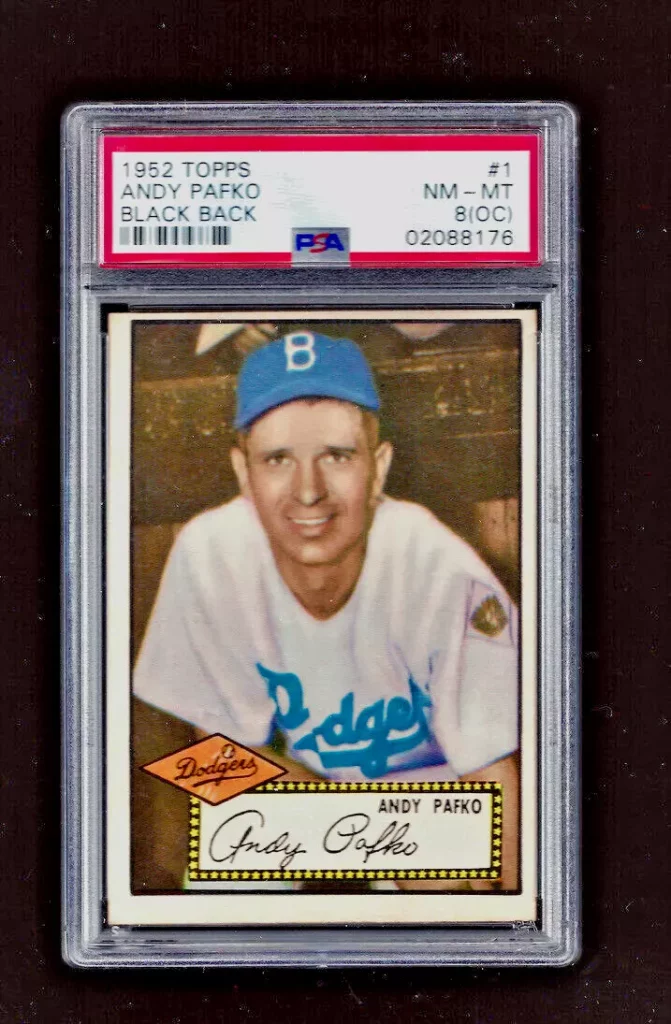
The dynamics of gambling have always been part of the hobby. That is nothing new. What has changed deeply are the stakes.
At one time, you would trade cards with your buddies. The “gambling” element was simple – would you pull a good card? Might you trade up for something better?
The financial risk was minimal. Losing a quarter’s worth of cards wasn’t going to break the family budget.
Now? We’re talking about boxes that cost hundreds of dollars. Single cards that can be worth tens of thousands, even millions. In addition, the internet has transformed everything.
Before, your market was your neighborhood, maybe your local card shop. Now, you’ve got global marketplaces. You’ve got instant price tracking. You’ve got professional “breakers” who make a living opening cards on livestreams.
You’ve got investors treating cards like stocks, tracking rookie prospects and speculating on future value.
The gambling isn’t just about pulling a rare card anymore. It’s about:
And the card companies? They know exactly what they’re doing.
Those redemption cards, those ultra-rare parallels, those insert odds printed tantalizingly on the box – it’s all designed to keep you chasing, keep you spending, keep you gambling.
But there is no way around it. The hobby’s products cost too much money now to be treated as just a collecting business. There are lots of cheap cards to be had, but they are low-priced for a reason. No one wants them.
But on the other hand, this isn’t gambling, and it certainly isn’t investing. We know that investing in cards, and certainly ripping wax, can be difficult. It isn’t much of a gamble when you know the risks.
Does that mean we should all start treating our collections like stock portfolios? Absolutely not. But it does mean we need to acknowledge the changing landscape and accept that there’s room for the gambler and the collector in this hobby.
Maybe the real question isn’t “Are you a gambler or a collector?” but “Why are you in this hobby in the first place?”
Are you here for the thrill of the chase, the potential for profit, or the love of the game? It’s a little bit of all three. And that’s perfectly okay.
So, the next time you see someone ripping packs like they’re trying to win the lottery, don’t judge them too harshly. They might be a collector at heart, with a little bit of gambler sprinkled in.
And who knows, maybe they’ll even pull a card that’ll make us all jealous. But hey, if you’re a parent, keep an eye on your kids and make sure they’re not going overboard.
As one worried dad on Reddit said, “I am worried my son is going to want to open pack after pack, which will be my financial downfall because I will open pack after pack with him.”
After all, it’s supposed to be fun, not a financial burden.
Let’s have a moment of hard truth here. If you were just a naïve collector, this wouldn’t matter much to begin with. You would get cheaper products like Heritage and buy singles you like that are lower cost.
There are ways to avoid the gambling side of the hobby altogether, or at least to avoid engaging with it much. But most of us like the gambling side. We just don’t want to be spending this much money pursuing it.
So what’s the real solution? It’s about discipline and strategy.
First, set a budget. And I mean a real budget. Not the “I’ll just spend a little more this time” budget, but a hard line in the sand. Maybe it’s $50 a month, maybe it’s $200. Whatever it is, make it non-negotiable. Treat it like a utility bill – once it’s spent, it’s spent.
Second, focus on the joy, not the potential profit. Remember why you got into this hobby in the first place. Was it because you loved a specific player? A team? The nostalgia of opening a pack?
Those feelings don’t cost extra. A $5 pack can bring just as much excitement as a $500 box if you’re in it for the right reasons.
Third, buy singles. I know, I know – it feels less exciting than ripping a pack. But buying exactly the card you want is almost always cheaper than gambling on pulling it. Plus, you get precisely what you want. No more boxes full of commons and disappointment.
Fourth, diversify your collecting. Not every card needs to be a potential investment. Keep some cards just because you like them. Build a personal collection that means something to you, not something that means something to the market.
Let’s be brutally honest. These companies’ entire job is to keep you spending. They understand human psychology better than we understand ourselves.
Those redemption cards? Those impossible-to-pull parallels? The livestream breaks? They’re not accidents. They’re carefully engineered experiences designed to trigger the same neural pathways as slot machines.
Topps, Panini, Upper Deck – they’re not in this to help you build a collection. They’re in this to maximize revenue. Every design choice, every marketing strategy, every product release is calculated to keep you chasing that next big hit.
It’s a system so sophisticated that even when you know you’re being manipulated, you’ll still feel that rush of excitement when you open a pack.
But here’s the thing: awareness is power.
Understanding the system doesn’t mean you have to opt out completely. You can still enjoy the hobby. You can still open packs, still chase cards, still feel that moment of pure excitement when you pull something special. The key is control.
Control looks different for everyone:
The gambling side of the hobby isn’t going away. But you can choose how much power you give it.
Think of it like a relationship with a charismatic but potentially toxic friend. You don’t have to cut them out completely. You just have to set clear boundaries. Know when to walk away. Know your limits.
Topps Chrome 2024-25 Basketball: Honest Review and Notes
Did you know this SECRET about PSA slabs? #sportscard #tcg
5 EASY tips to make more money on eBay sports cards.
I opened a sports card mystery box and found something AWESOME inside
The SAD story of Collectable. What went wrong? (The Downfall Fractional Sports Card Investing)
what was Panini doing? 🙄
I compared sports card prices from the big sellers to save YOU money
Is GameStop buying PSA? (the truth!)
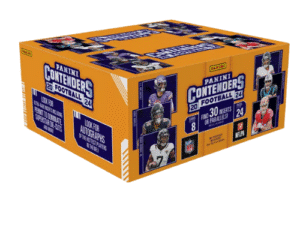
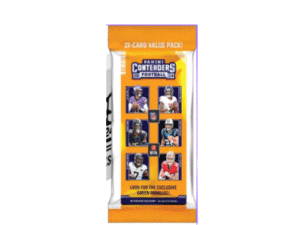
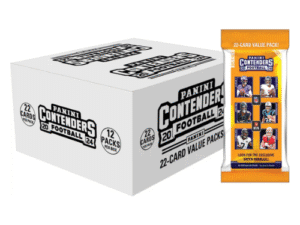

BCW Thick Card Toploaders 197 Pt. 10 per pack

BCW Thick Card 59 Pt. Toploaders. 25 per pack

BCW 20 Pt. Toploaders. 25 per pack
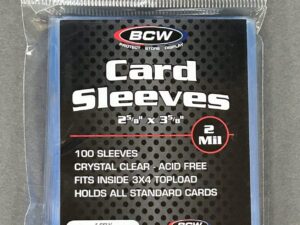
BCW Standard Card Sleeves. 100 per pack
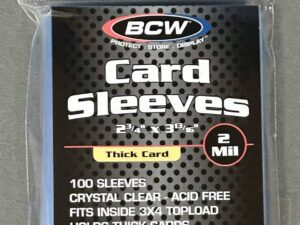
BCW Thick Card Sleeves. 100 per pack
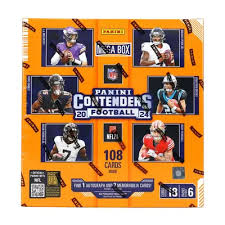
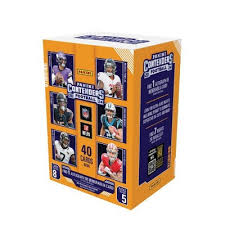
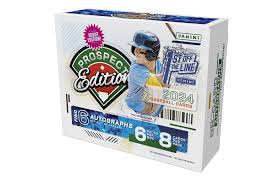
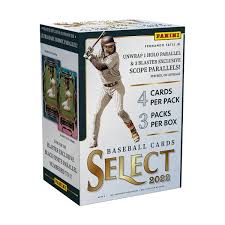
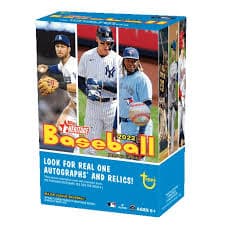
2022 Topps Heritage Baseball Blaster Box Configuration: 7 Packs per Box – 9 Cards per Box. Plus 1 extra pack.
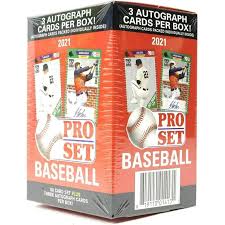
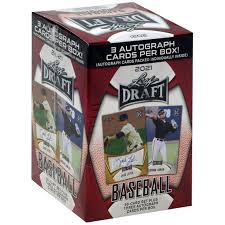
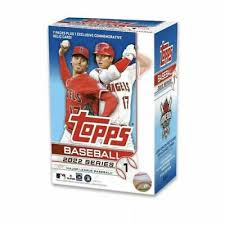
Keep up on breaking Sports Card News, our latest articles, product specials and exclusive content with expert analysis of hobby trends.

© Copyright 2025 - All rights reserved Cardlines.com / Media Techs LLC - Sports Card News, Reviews, Releases and BREAKS - #thehobby.
Important: When you click on links to various merchants on this site and make a purchase, this can result in this site earning a commission. Affiliate programs and affiliations include, but are not limited to, the eBay Partner Network.
Panini is launching a WNBA Product at $30,000!?
Cardlines June 27, 2025 5:54 am